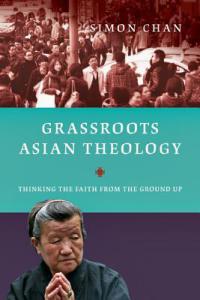Grassroots Asian Theology: Thinking the Faith from Ground Up by Simon Chan. Downers Grove: InterVarsity Press, 2014. Summary: In contrast to the growing list of “contextual” Asian theologies out of academic “elitist” settings, Chan explores the Asian theologies implicit in the popular church movements and writers in the Asian context, and particularly the significance of Pentecostal theology. One of the healthy developments in our post-colonial setting is the increasing number of Majority World theologians … [Read more...] about Book Review: Review: Grassroots Asian Theology
pentecostalism
Book Review: The Global Diffusion of Evangelicalism
Thank-you to Bob Trube for sharing reviews from Bob on Books with the Emerging Scholars Network Blog! His post on The Global Diffusion of Evangelicalism: The Age of Billy Graham and John Stott by Brian Stanley (InterVarsity Press, 2013) comes at an apt time to provide background to "Evangelicals" as we prayerfully consider NY Times: Colleges and Evangelicals Collide on Bias Policy. ~ Thomas B. Grosh IV, Associate Director, Emerging Scholars Network The title of The Global Diffusion of Evangelicalism: The Age of … [Read more...] about Book Review: The Global Diffusion of Evangelicalism

